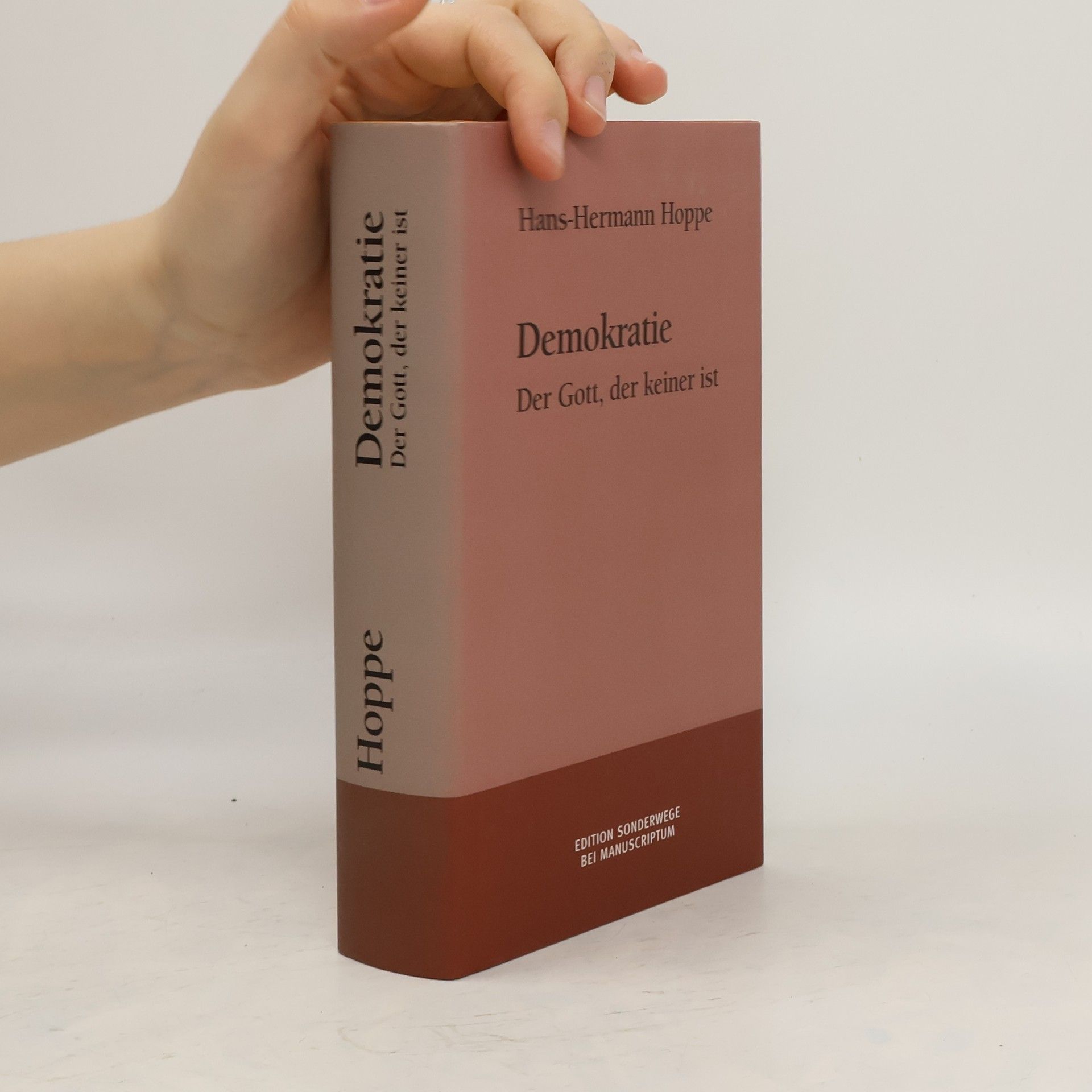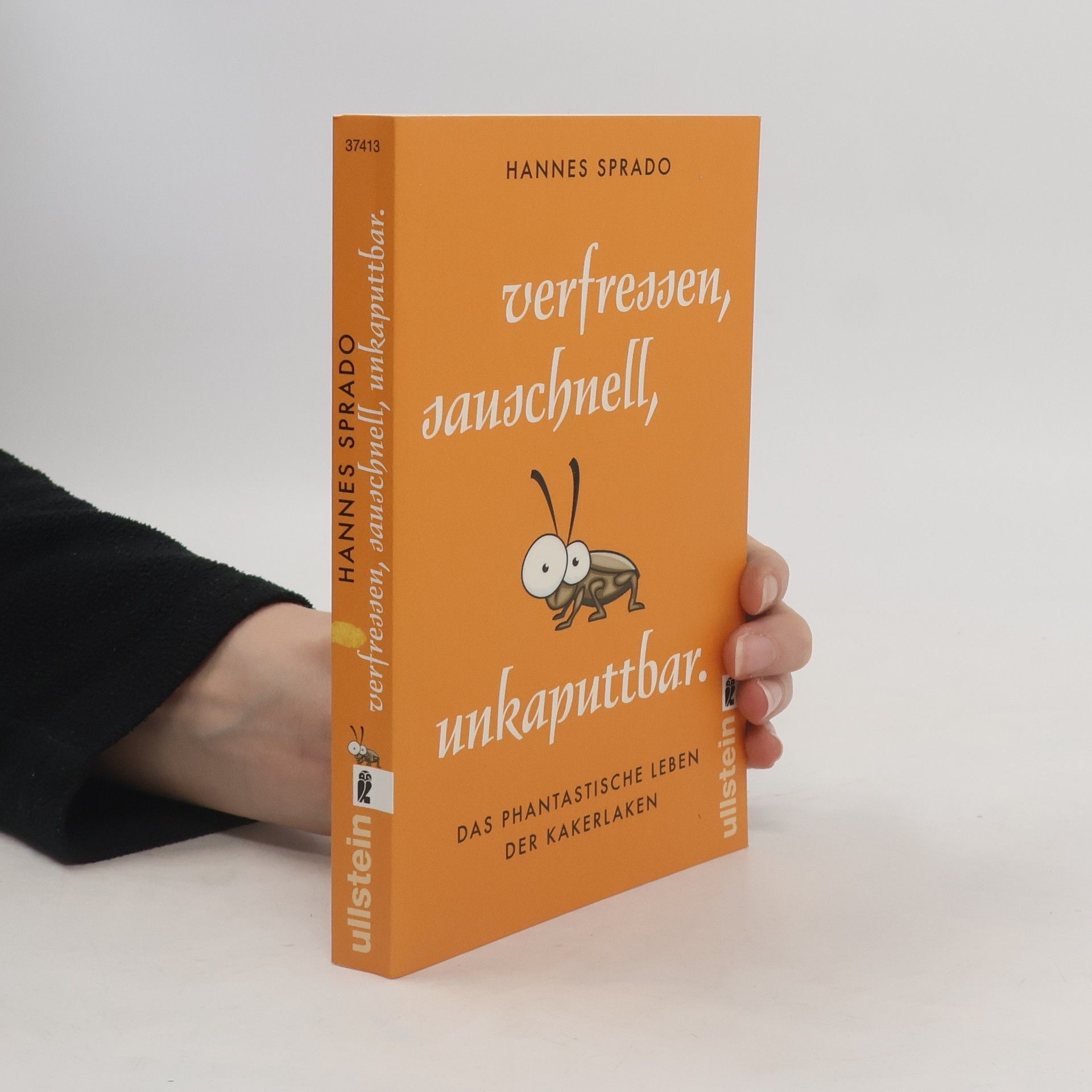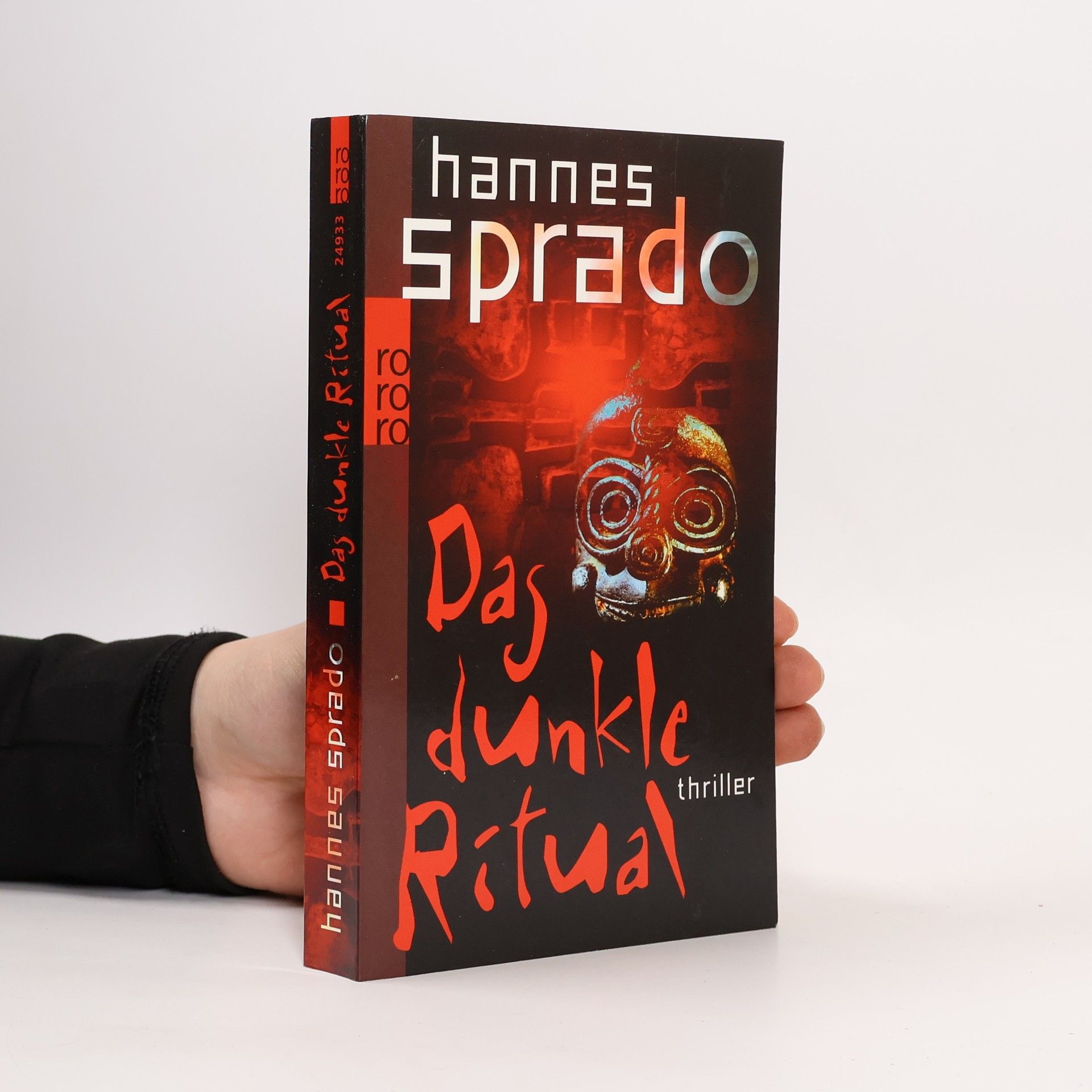"Un monde de carton-pâte peuplé de personnages en trompe-l'oeil, surgis de quelque histoire de fou qui serait vraiment drôle si ces héros n'étaient pas des types en chair et en os... " Devenu un classique contemporain, le roman de Ken Kesey, paru en 1962, n'a rien perdu de sa puissance. Il plonge dans le chaos d'un hôpital psychiatrique où l'infirmière en chef Ratched règne en maître sur son service. Jusqu'à l'arrivée de McMurphy, un criminel qui simule la folie pour échapper à la prison. Rebelle et gouailleur, bien décidé à redistribuer les cartes et à redonner un peu de dignité et d'espoir aux malades, il engage alors à ses risques et périls une résistance acharnée contre l'institution. Criant de vérité, Vol au-dessus d'un nid de coucou est une dénonciation en règle de l'enfermement psychiatrique, un hymne à la vie envers et contre tous. Une descente aux enfers grotesque et déjantée, que l'auteur transcende en hymne claironnant, féroce et souvent très drôle, à la liberté. Emily Barnett, Les Inrockuptibles. Avec ce roman, Ken Kesey s'est imposé comme l'un des romanciers phares de la contre-culture. Julien Bisson, Lire. Dessins inédits de Ken Kesey. Préface de Chuck Palahniuk. Traduit de l'anglais (Etats-Unis) par Michel Deutsch et révisé par Virginie Buhl
Hans-Hermann Wiebe Livres

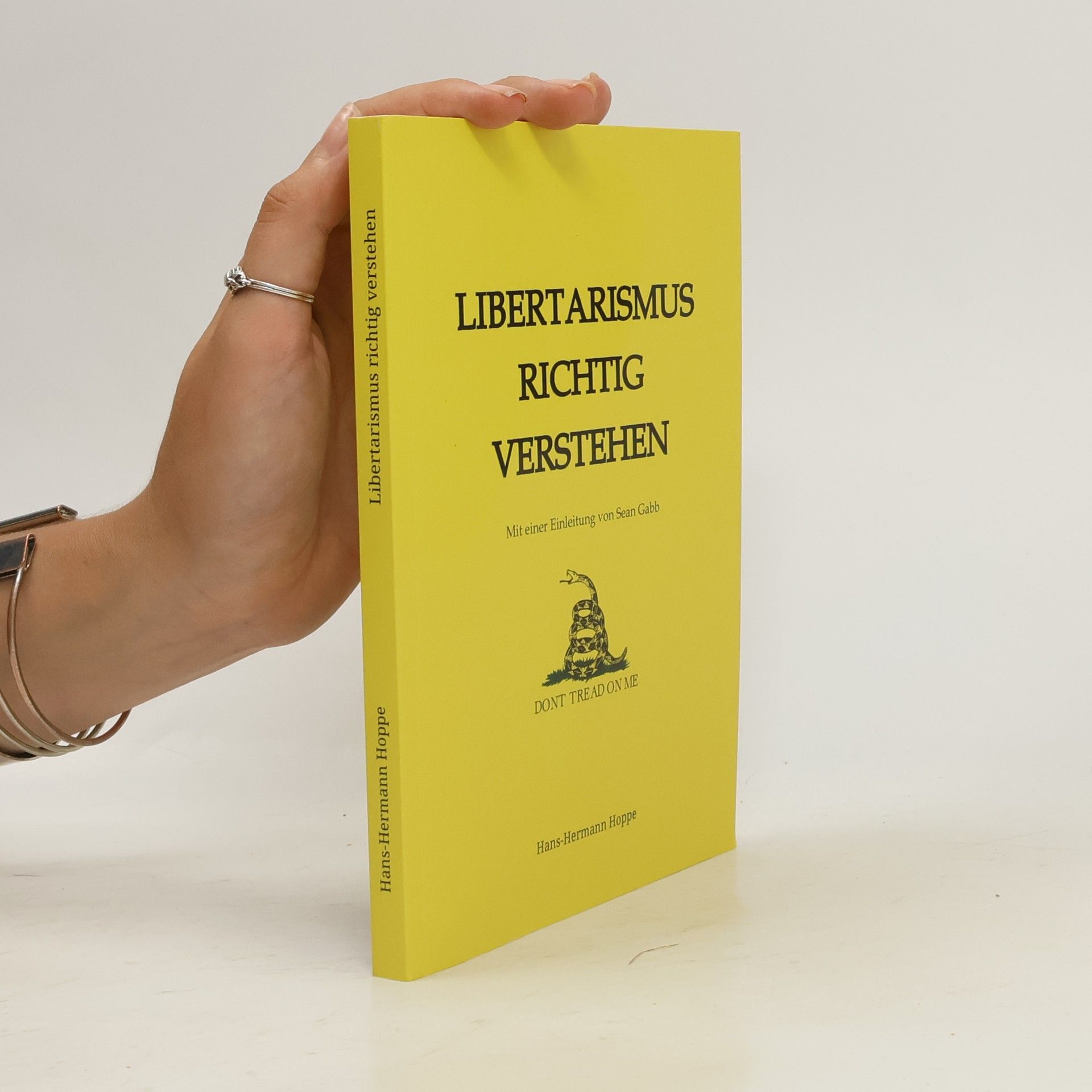
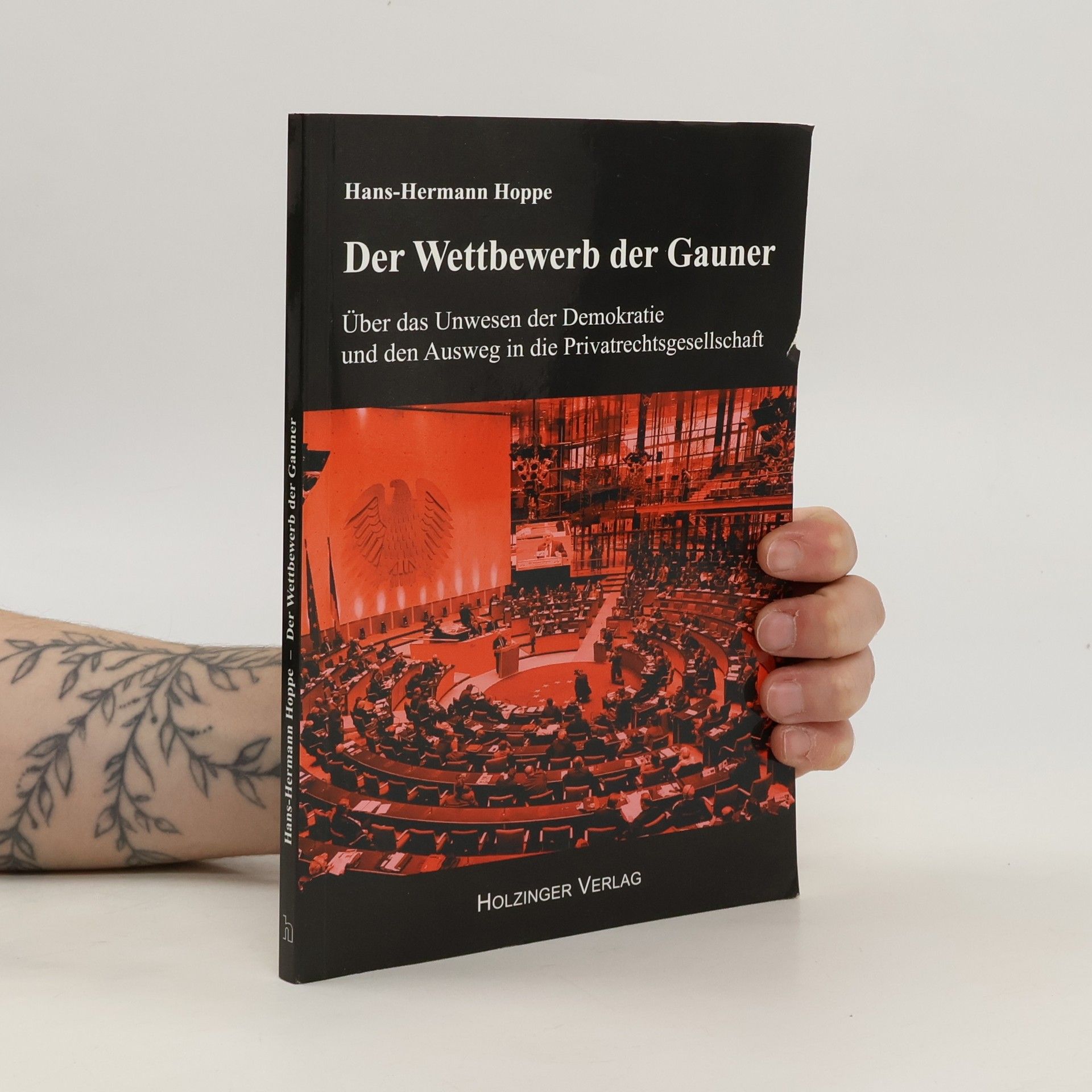
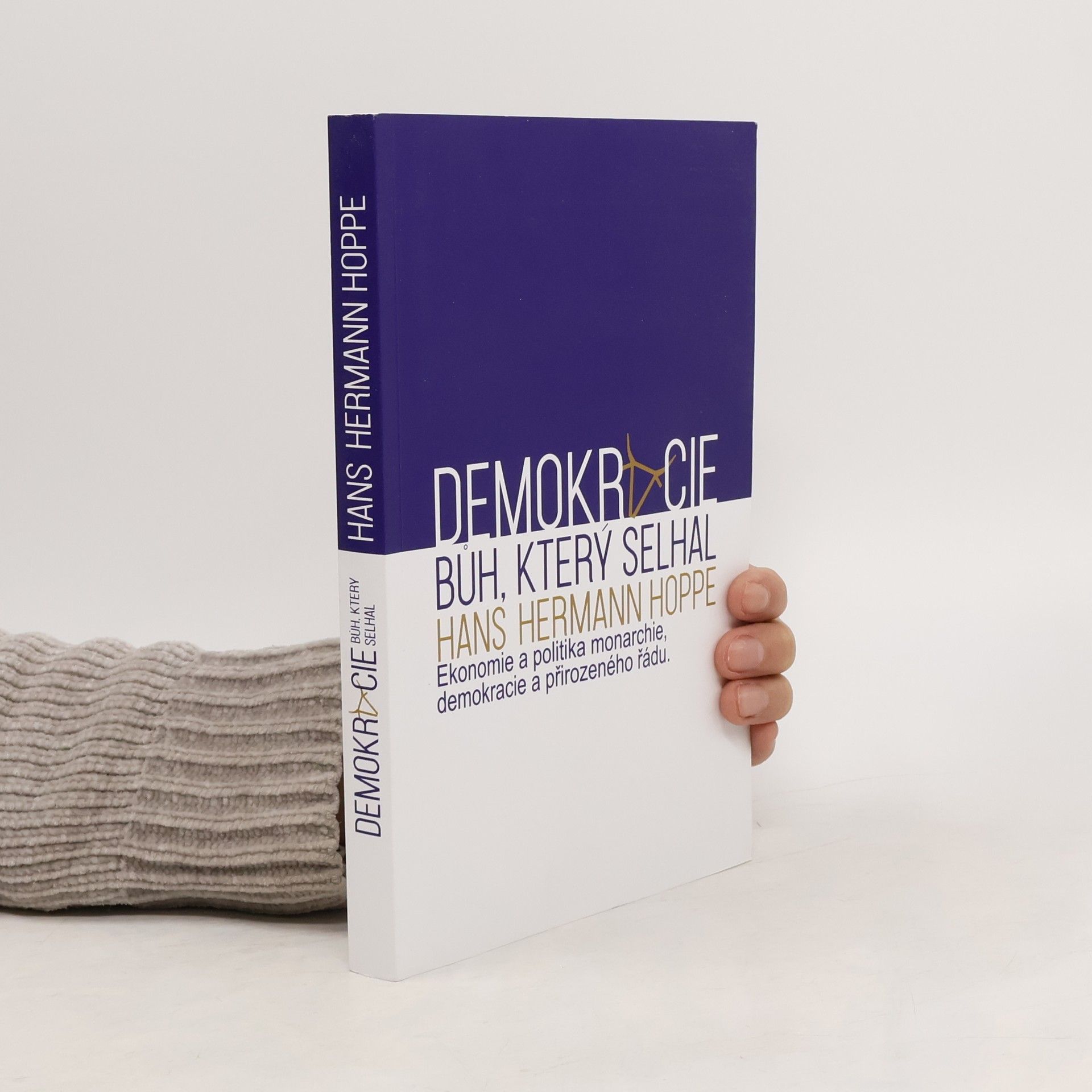

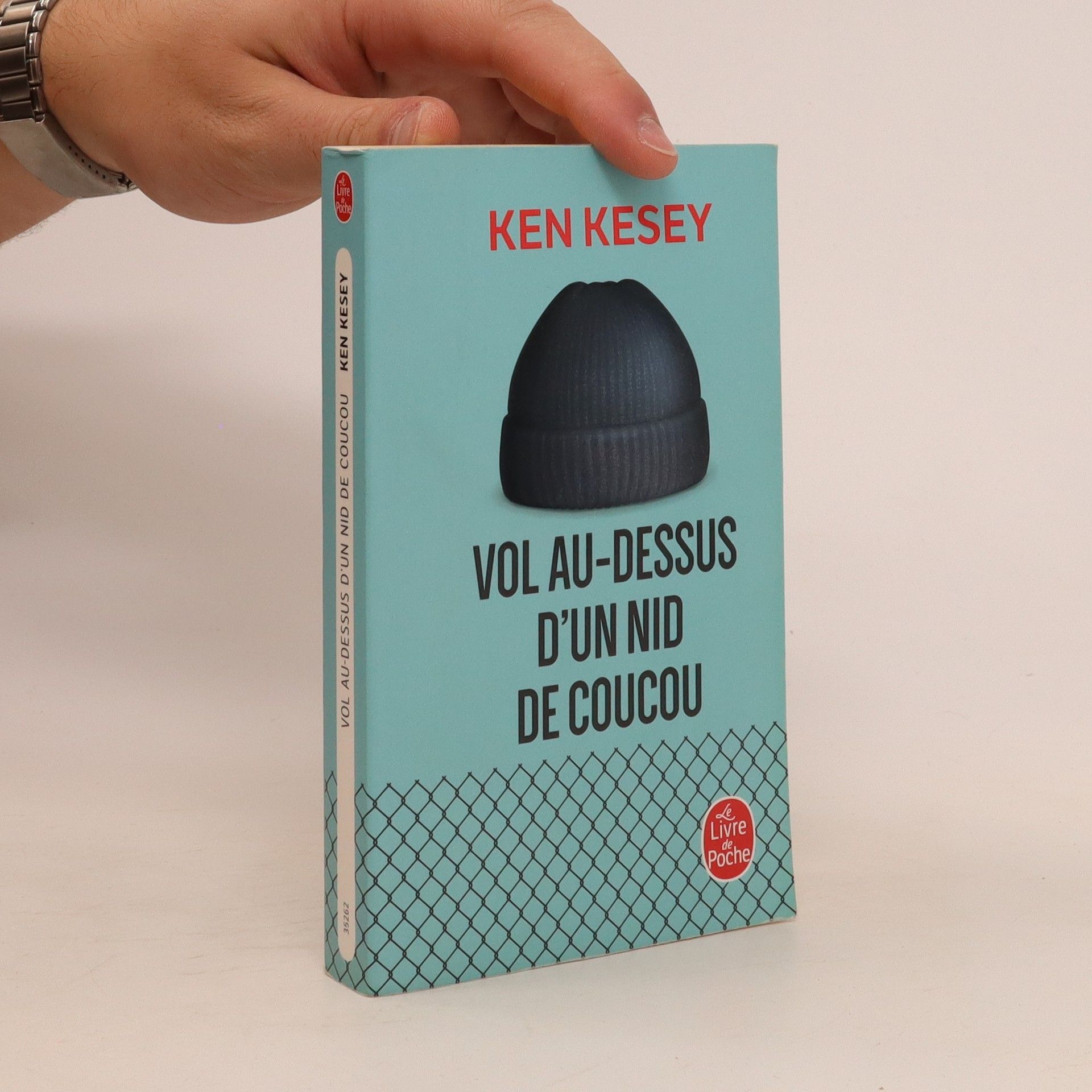
Demokracie, anarchie a omyly ekonomie
- 184pages
- 7 heures de lecture
- ukazuje, že demokracie nemusí být tím nejlepším politickým systémem - vysvětluje, proč se ekonomové tak často mýlí ve svých predikcích - vyvrací mýty o nutné roli vlády při poskytování bezpečnosti a dalších tzv.veřejných statků - kniha obsahuje výběr textů jednoho z nejvýznamnějších teoretiků liberalismu současnosti
Demokracie: Bůh, který selhal
- 302pages
- 11 heures de lecture
Tato rozsáhlá kniha je pojednáním o historické transformaci Západu od omezené monarchie k neomezené demokracii. Revizionisticky dochází k závěru, že monarchie je se všemi svými nedostatky menším zlem než masová demokracie. Zaměřením se na tuto transformaci od soukromé k veřejné vládě je autor schopen interpretovat mnoho historických jevů, jako je rostoucí úroveň kriminality, degenerace norem chování a morálky, pokles bezpečnosti a svobody a růst megastátu. Hoppe navíc dekonstruuje klasickou liberální víru v možnost omezené vlády a vyzývá ke sblížení konzervatismu a libertariánství jako přirozených spojenců se společnými cíli. Autor dále hodnotí vyhlídky na dosažení přirozeného řádu svobody. Demokracie: Bůh, který selhal je brilantní dílo, které bude intenzivně zajímat vědce a studenty historie, politické ekonomie a politické filozofie.
Der Wettbewerb der Gauner
Über das Unwesen der Demokratie und den Ausweg in die Privatrechtsgesellschaft
Der Wettbewerb der Gauner, von Prof. Dr. Hans-Hermann Hoppe, erklärt die unerträgliche Problematik des Politischen. Wer immer noch darauf hofft, dass eines Tages Politiker regieren, welche keine falschen Versprechungen machen, welche die Steuergelder nicht verschwenden, nicht in die eigene Tasche wirtschaften, sollte dieses Buch lesen. Die Parteiendemokratie wird sich nicht verändern, so der Autor. Sozialstaaten sind die Quelle gesellschaftlcher Konflikte und sich zunehmend verschäfender Missstände. Wettbewerb ist nicht immer ein Vorteil. Ein Wettbewerb im Lügen und Abkassieren, im Täuschen und Tarnen, ein Wettbewerb von in der Regel minderwertigen Menschen kann keine guten Ergebnisse hervorbringen. Wenn, wie öfters beklagt wird, der Staat Beute der politischen Klasse sei, wird regelmäßig angeführt, dass sich die Damen und Herren Volksvertreter einen Selbstbedienungsladen eingerichtet hätten: zu hohe, unangemessene Diäten, steuerfrei Aufwandsentschädigungen, vorteilhafte Pensionsansprüche usw. Eine derartige Kritik gleicht einem Appell an Eierdiebe, sie möchten nicht ständig das Licht im Hühnerstall brennen lassen, es kostete nur unnötig Strom und die Hühner könnten nicht mehr einschlafen.
Die Grundlagen des Libertarismus werden in diesem Werk von Hans-Hermann Hoppe umfassend behandelt, wobei das Nichtaggressionsprinzip im Mittelpunkt steht. Hoppe kritisiert die Perspektive der Linkslibertären und differenziert sich durch seine Ausrichtung auf die politische Rechte. Er beleuchtet die Prinzipien, die seiner Ansicht nach eine klare Abgrenzung zwischen verschiedenen libertären Strömungen ermöglichen und bietet eine tiefgehende Analyse der ideologischen Unterschiede.
Über den demokratischen Untergang und die Wege aus der Ausweglosigkeit
Reden, Aufsätze und Interviews wider den links-grünen Zeitgeist
- 197pages
- 7 heures de lecture
Demokratie
- 547pages
- 20 heures de lecture
Dieses Buch ist sowohl frenetisch bejubelt als auch heftig kritisiert worden. Es bietet eine scharfe Analyse der westlichen (Medien-)Demokratien, die unter dem Deckmantel der Freiheit Unfreiheit organisieren und die Gegenwart aus der Zukunft subventionieren. Der Autor stammt aus dem amerikanischen libertären Umfeld, das oft als anarcho-kapitalistisch bezeichnet wird. Seine Kritik an Demokratie und Staat ist jedoch von einem kulturkonservativen Geist geprägt, wobei er staatlich betriebene kulturelle Deregulierung als organisierte Dekadenz betrachtet. Die Zustimmung von hiesigen Staatskritikern, die in verschiedenen anarchistischen Strömungen aktiv sind, schwindet an dieser Stelle schnell. Der Autor zeigt wenig Sympathie für diese Ansichten und sieht sie als Ergebnis staatlich verursachter Fehlallokationen. Stattdessen plädiert er für eine „natürliche Ordnung“, die entstehen kann, wenn die assoziative Kraft der Menschen ungehindert von staatlicher Macht wirken kann. Auch wenn man seine Überzeugung, die aus der amerikanischen „Staatsbildung von unten“ stammt, nicht teilt, ist das Buch aufgrund seiner Fähigkeit, etablierte Frontstellungen zu hinterfragen und durcheinanderzubringen, äußerst empfehlenswert und unterhaltsam.
Der Tod eines Topmodels während der New Yorker Fashion Week und eine Serie mysteriöser Morde an Prominenten der Modebranche rufen den deutschen Reporter Mike Mammen auf den Plan. Nach dem Thriller „Risse im Ruhm“ (der bald fürs Fernsehen verfilmt wird) recherchiert Mammen nun in der Glitzerwelt des internationalen Fashion Business. Er stößt dabei auf die tragische Liebesgeschichte eines Supermodels und verstörende Voodoo-Rituale. Der aufschlussreiche Blick hinter die Kulissen der Modewelt, verbunden mit einer tragischen Liebesgeschichte, ist in Zeiten von "Germany's next Topmodel" ein aktuelles Thema, das Frauen besonders interessieren wird. Und die Freunde spannender Thriller kommen ebenfalls auf ihre Kosten.
Ein Hotel, spätnachts: Hannes Sprado hat eine einprägsame Begegnung – mit Kakerlaken! Plötzlich tauchen sie auf und rennen quer durchs Zimmer. Als er endlich eine erwischt, kann er sie selbst mit roher Gewalt nicht außer Gefecht setzen. Sprado entwickelt immer mehr Respekt für diese Tiere. Denn Kakerlaken sind DAS Erfolgsmodell der Evolution. In 350 Millionen Jahren haben sie sich weder von Eiszeiten noch von Meteoriten beeindrucken lassen. Sie finden Nahrung in allem, was sie umgibt, und würden als Einzige einen Atomschlag überleben. Die amüsante Geschichte einer faszinierenden Spezies.
Das Blut der Unschuldigen hat die größte Macht In einem Wald vor Berlin wird ein schrecklich zugerichteter Kindertorso gefunden. Galle, Leber und Herz fehlen. Kommissarin Judith von Matt und ihr Team, zuständig für Verbrechen mit okkultem Hintergrund, vermuten einen Ritualmord durch Anhänger des afrikanischen Muti-Kultes. Was sie herausfinden, lässt selbst die Profis schaudern: Muti-Medizin aus Organen von Kindern wird für besonders wirksam gehalten, vor allem, wenn das Opfer bei der Entnahme noch lebt. Und es wird nicht bei einem Toten bleiben – denn ein guter Medizinmann spricht sich herum …
